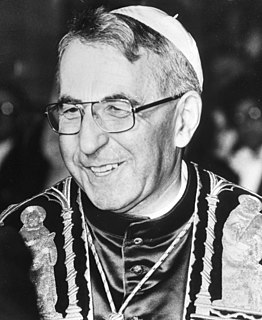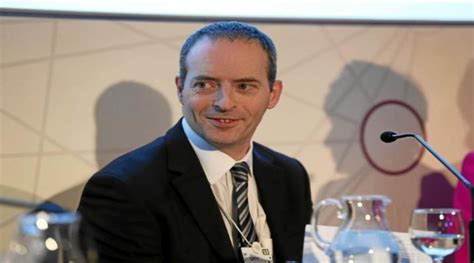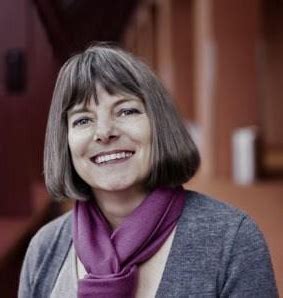A Quote by Wendell Berry
The two ideas, justice and vocation, are inseparable.... It is by way of the principle and practice of vocation that sanctity and reverence enter into the human economy. It was thus possible for traditional cultures to conceive that "to work is to pray." (pg. 258, The Idea of a Local Economy)
Related Quotes
The priestly vocation is essentially a call to sanctity, in the form that derives from the Sacrament of Holy Orders. Sanctity is intimacy with God; it is the imitation of Christ, poor, chaste and humble; it is unreserved love for souls and self-giving to their true good; it is love for the church which is holy and wants us to be holy, because such is the mission that Christ has entrusted to it. Each one of you must be holy also in order to help your brothers pursue their vocation to sanctity.
Today it's fashionable to talk about the New Economy, or the Information Economy, or the Knowledge Economy. But when I think about the imperatives of this market, I view today's economy as the Value Economy. Adding value has become more than just a sound business principle; it is both the common denominator and the competitive edge.
A proper community, we should remember also, is a commonwealth: a place, a resource, an economy. It answers the needs, practical as well as social and spiritual, of its members - among them the need to need one another. The answer to the present alignment of political power with wealth is the restoration of the identity of community and economy. (pg. 63, "Racism and the Economy")




































